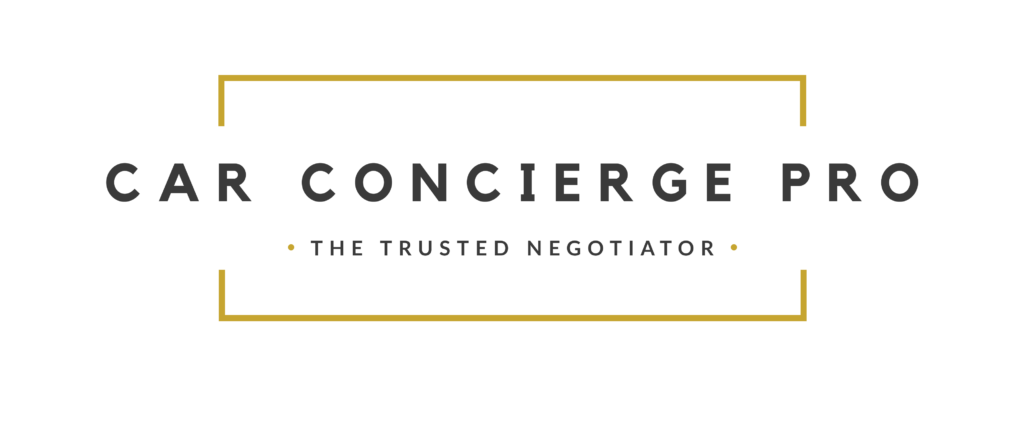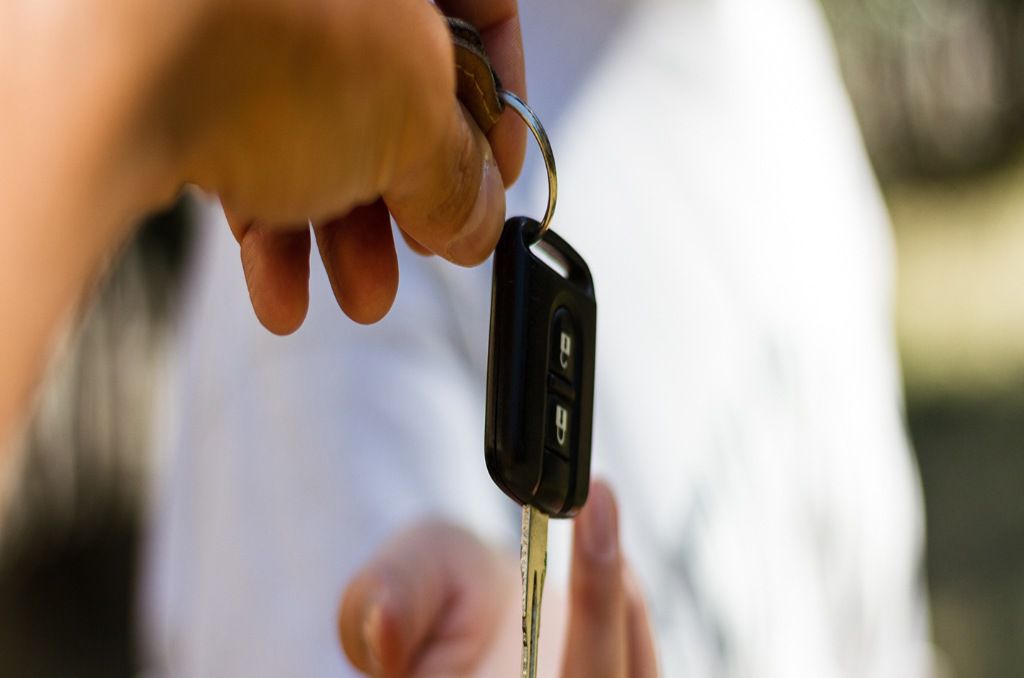When most people shop for a new car, their eyes go straight to the sticker price. But that number only tells part of the story. The true cost of car ownership goes far beyond the upfront purchase… especially in the United States, which, according to car insurance comparator Compare the Market, ranks as the third most expensive country in the world for car ownership in 2024.
From insurance premiums to routine maintenance, taxes to depreciation, your vehicle comes with a long list of hidden expenses that can really add up over time. If you’re budgeting for a new car, here’s what you should be factoring in before you sign on the dotted line
Insurance premiums
Car insurance is non-negotiable, and in many states it’s required by law. Premiums vary widely depending on your location, driving history, vehicle type, and credit score. According to recent data from Bankrate, the average cost of car insurance is $2,680, however, this figure can swing dramatically depending on your zip code and car model. Luxury vehicles, electric cars, or vehicles with high repair costs often carry steeper premiums. Don’t forget to factor in potential rate increases that can occur after an accident or traffic violation.
Fuel costs
Gas prices may fluctuate, but they’re still a consistent part of your monthly car budget. The national average for regular gasoline in the US tends to hover between $3–$4 per gallon, depending on market conditions. Your car’s fuel economy makes a big difference here. Naturally, an SUV that gets 18 miles per gallon will cost you a lot more at the pump than a hybrid that averages 50 miles per gallon.
Routine maintenance and repairs
Even brand new cars need regular servicing to stay in good shape. Oil changes, tire rotations, brake pads, air filters are all essential and recurring. Older cars may need even more attention: think timing belts, new tires, and eventually more expensive repairs like suspension or transmission work. On average, AAA Connect states that US drivers spend an average of $1,452 on car maintenance in a 15,000-mile year. For higher-end models or imports, that number can jump significantly.
Registration, taxes and fees
Each state has its own rules when it comes to registration fees, vehicle inspections, and local taxes. Some states charge a flat rate; others base it on vehicle weight, age, or value. You might also pay a title fee, emissions testing fee, or sales tax at the time of purchase (something that can stack up to being thousands of dollars). Don’t forget the cost of renewing registration annually, which varies from as low as $20 to over $500, depending on the vehicle you have and the state you reside in.
Depreciation
This is the sneaky one. You’ve probably heard it before, but the moment you drive off the lot, your new car can lose up to 10% of its value. Over the first five years of ownership, a new car will lose (on average) around 55% of its purchase price. If you’re planning to sell or trade in your vehicle later, that drop in resale value will directly impact your return on investment. It may also be a reason to consider purchasing a used car instead, as you can use this depreciation to your advantage and buy a preowned car at a much lower price than a new one.
Financing and interest
If you’re taking out a car loan, interest charges can add thousands to your total cost over the life of the loan. Even a “low” 4–6% APR loan on a $30,000 car over five years means you’re paying well over $3,000 in interest, which is money that doesn’t go toward the car itself. Shorter loan terms tend to cost more per month but save money in the long run. Always weigh the total interest against your monthly budget.
Parking, tolls and tickets
City dwellers: we see you! Parking in urban areas can cost hundreds per month. Add in toll road charges, especially for commuters, and the occasional (or frequent) parking ticket, and you’ve got another layer of hidden costs. When searching for your next car, consider these factors and how they may impact your budget. If you’re living in an area with reliable public transportation, it may be worth considering a car-free lifestyle to save some money.
Car ownership in the US is more than just the price you pay at the dealership. When you add up insurance, maintenance, fuel, taxes, depreciation, and more, that $30,000 vehicle could easily cost $50,000+ over a five year period.
So before committing to your next car, take a step back and consider the total cost of ownership. Americans are among the highest spenders when it comes to cars, so making smart choices matters more than ever.
Want to make sure you’re getting the best value for your money? A professional car concierge service like Car Concierge Pro can help you navigate the entire process, saving you time, money, and major headaches.





